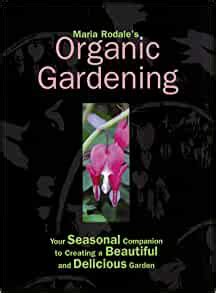A Quote by Jill Abramson
Print is still responsible for a significant portion of the revenues that, you know, pay for the work of the newsroom. But, you know, digital is very important. And part of the thrill of having this job now is I get to lead us through what is both a thrilling and very challenging transition from a print world to a digital world.
Related Quotes
In every part of the world with which I am familiar, young people are completely immersed in the digital world - so much so, that it is inconceivable to them that they can, for long, be separated from their devices. Indeed, many of us who are not young, who are 'digital immigrants' rather than 'digital natives,' are also wedded to, if not dependent on, our digital devices.
As somebody who's kind of a technophile, I'm interested in how traditional and digital publishing connect. Maybe ten years ago they were seen as antagonists, but now they complement each other. There's data that shows digital sales actually drive print sales. And even the ways in which pictures and words, text and image, interact - we're seeing these books that are very hard to categorize. All of that is very exciting to me.
There is this ferocious digital revolution coming along and we're in the teeth of that at the time of maximum economic disruption. There are huge opportunities there. I made the point in my supplementary statement that the Guardian is now a very considerable global player, but there are huge challenges in terms of making, of finding, the convincing business model, so I want to see Guardian journalism continue and thrive, although whether and to what extent that is in print or in digital is a sort of second order matter.
My goal is to create a sustainable long-term business that, we're committed to print, we're rooted in print, but we're expanding into digital and into modernizing the way we sell to customers through e-commerce and things like that. And it requires different skill sets; it requires different ways of doing business.
I don't want to name names because they'd be mad at me if I did, but people who are significant novelists can't get published by real publishers at this point, or have to go through two years of trying after writing a novel that's taken them five or six years and simply can't get the thing in print. Or it gets in print and it doesn't get reviewed in the New York Times Book Review and disappears without a trace. I mean, it's terrifying. I don't know how anybody can stand it. It's such an enormous amount of work and the economics of it are really quite brutal.
I always thought that digital first was a simplistic notion, and I am not even sure quite what it means. It should be stories first. Let's take the Paris story: the New York Times covered it all day, we held nothing back. Everything we learned, we published online. Then, when you approach your print deadline, you have to do two things. You have to polish those stories that are online because print is less forgiving of mistakes. Secondly, in an ideal world, you pick one thing that will feel fresh and compelling to people in the morning when they pick up the print paper.




































